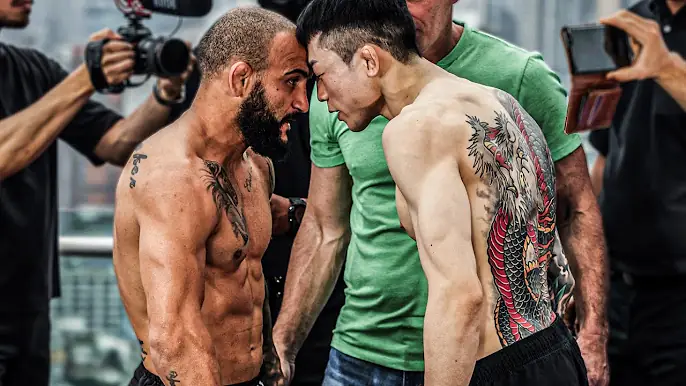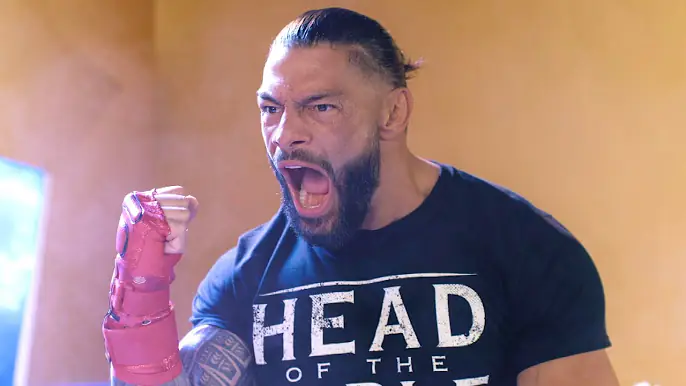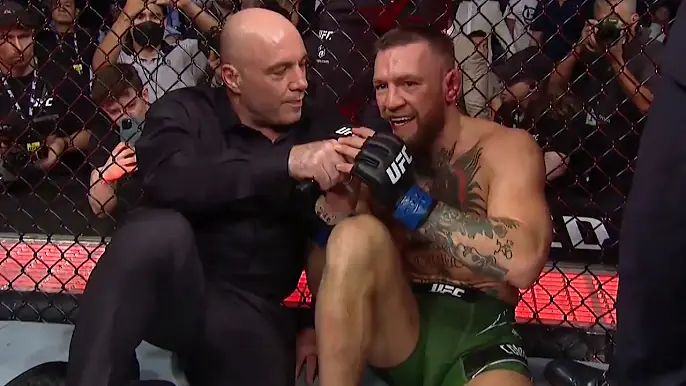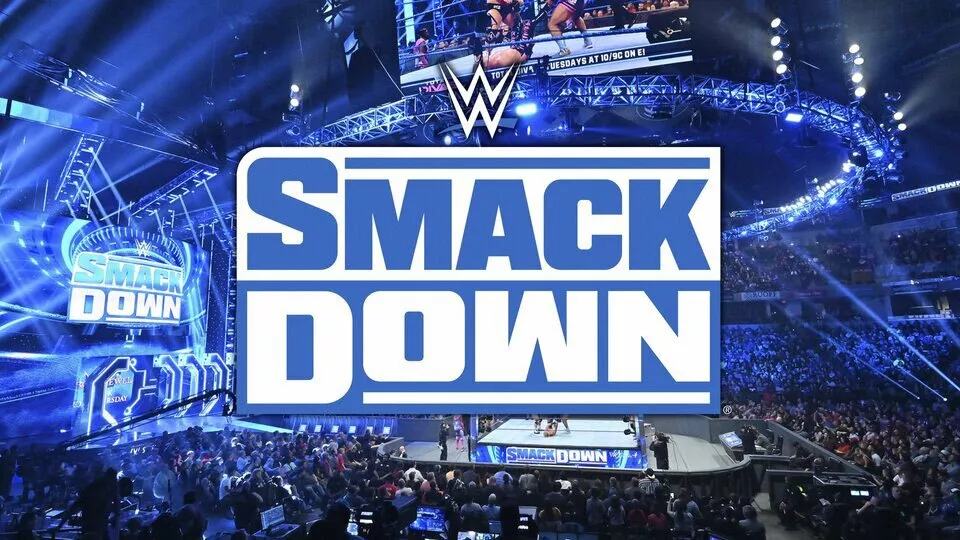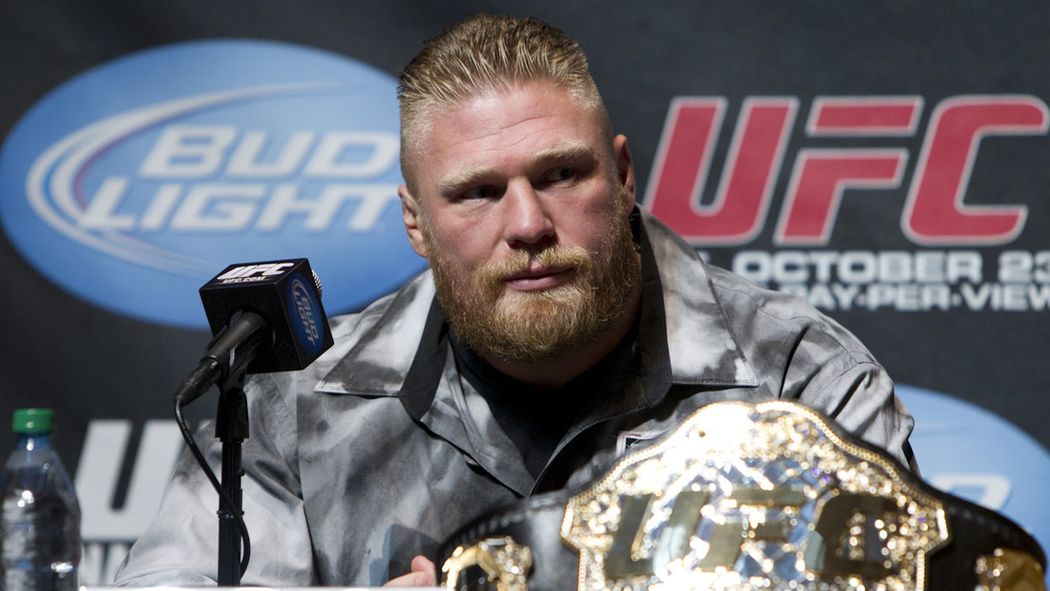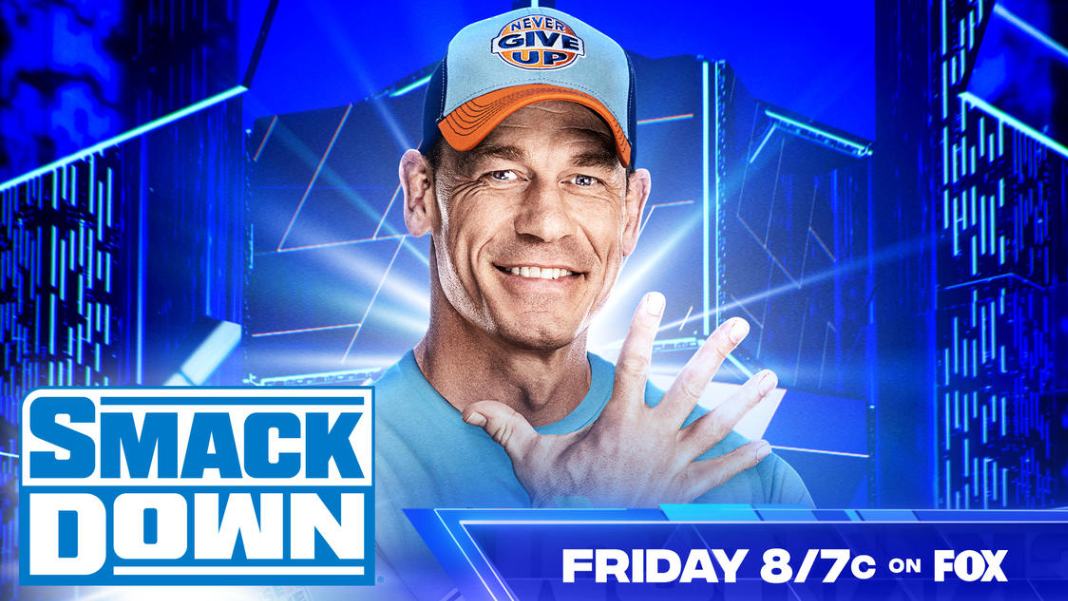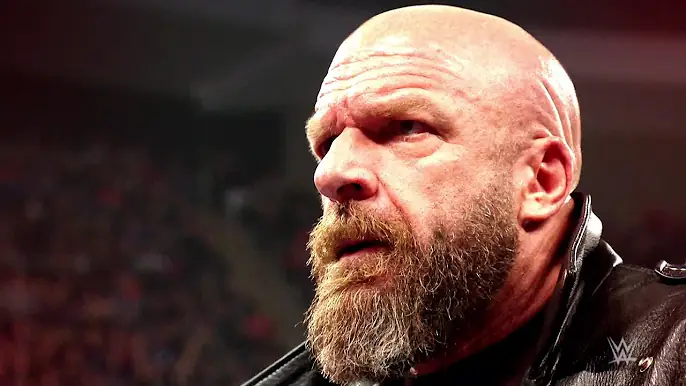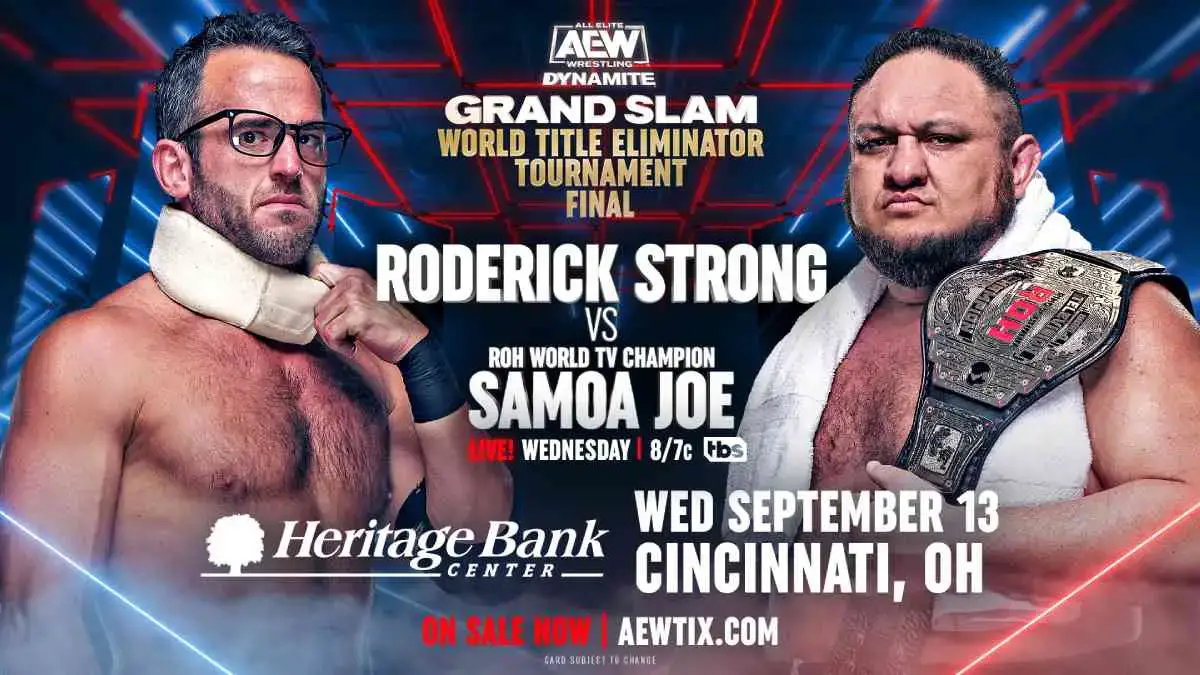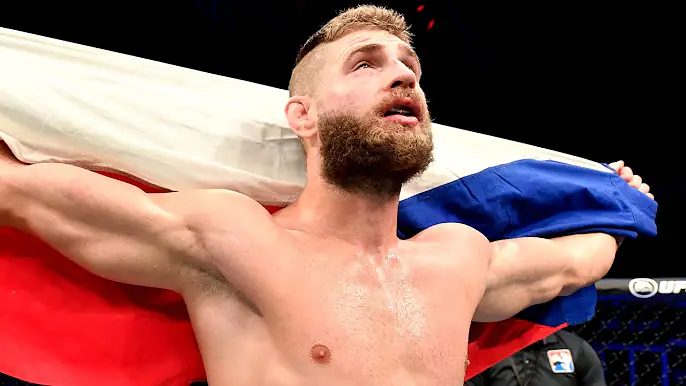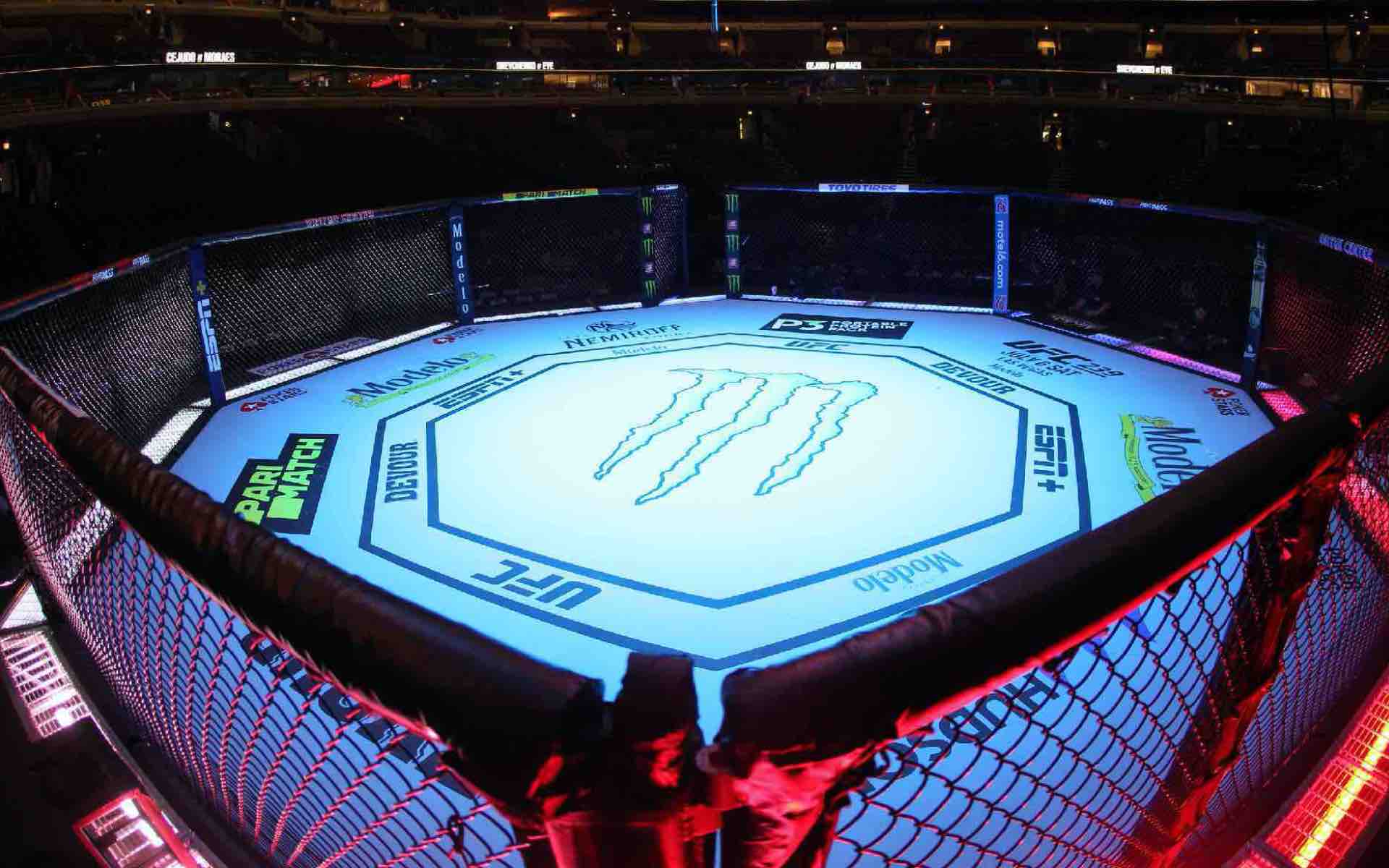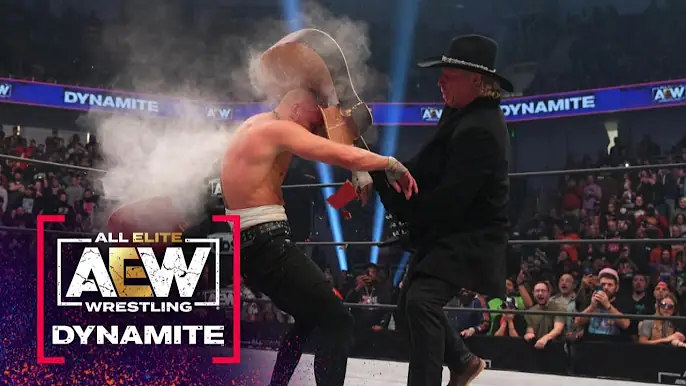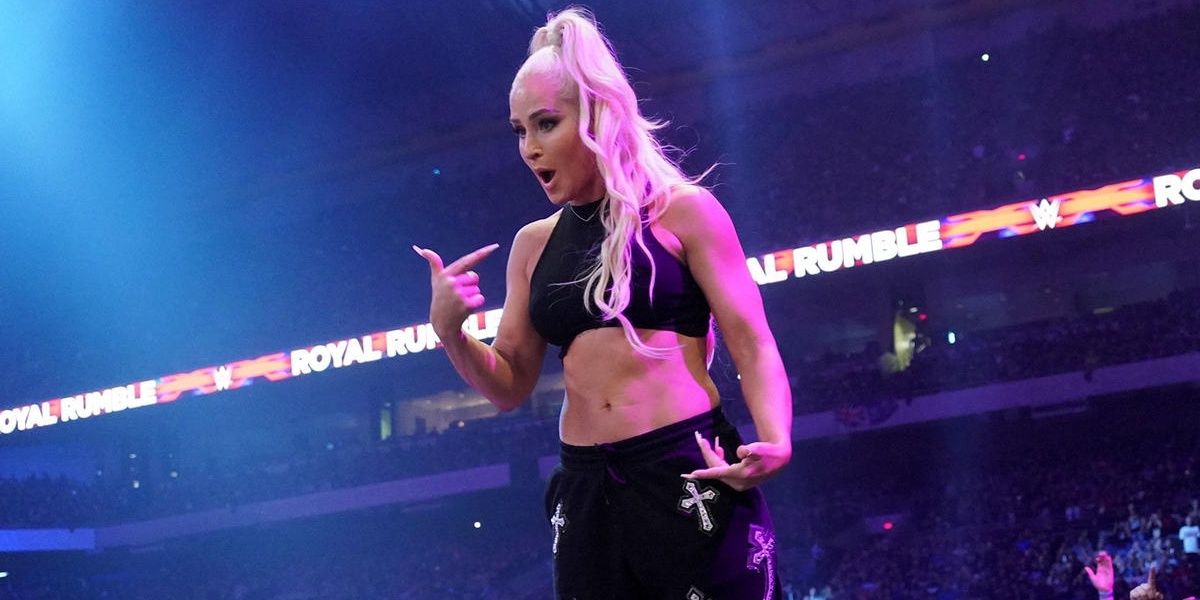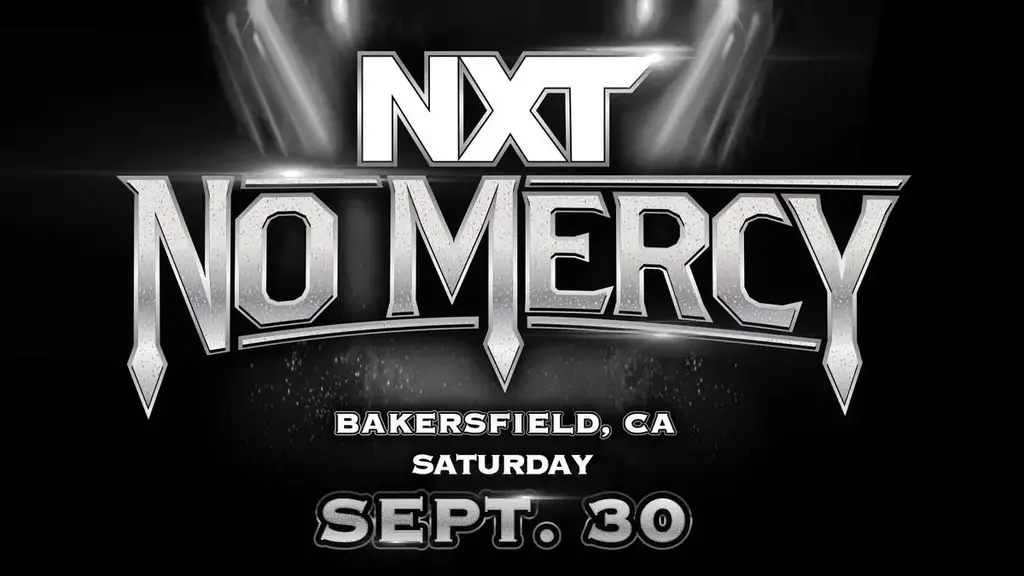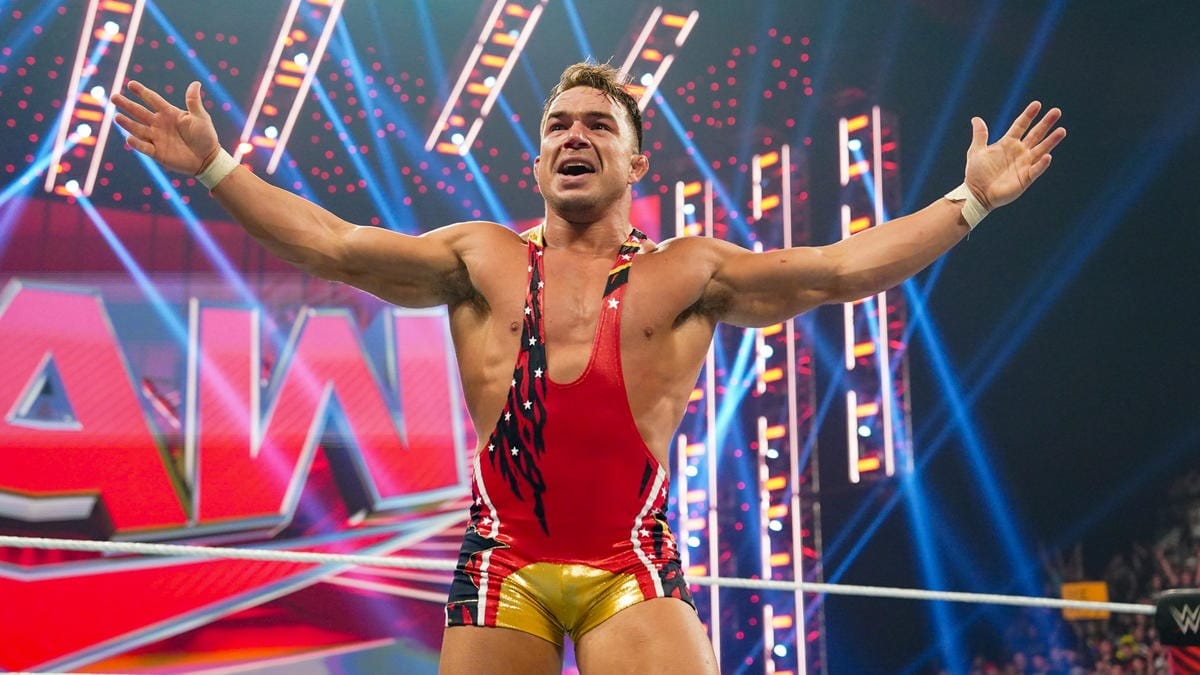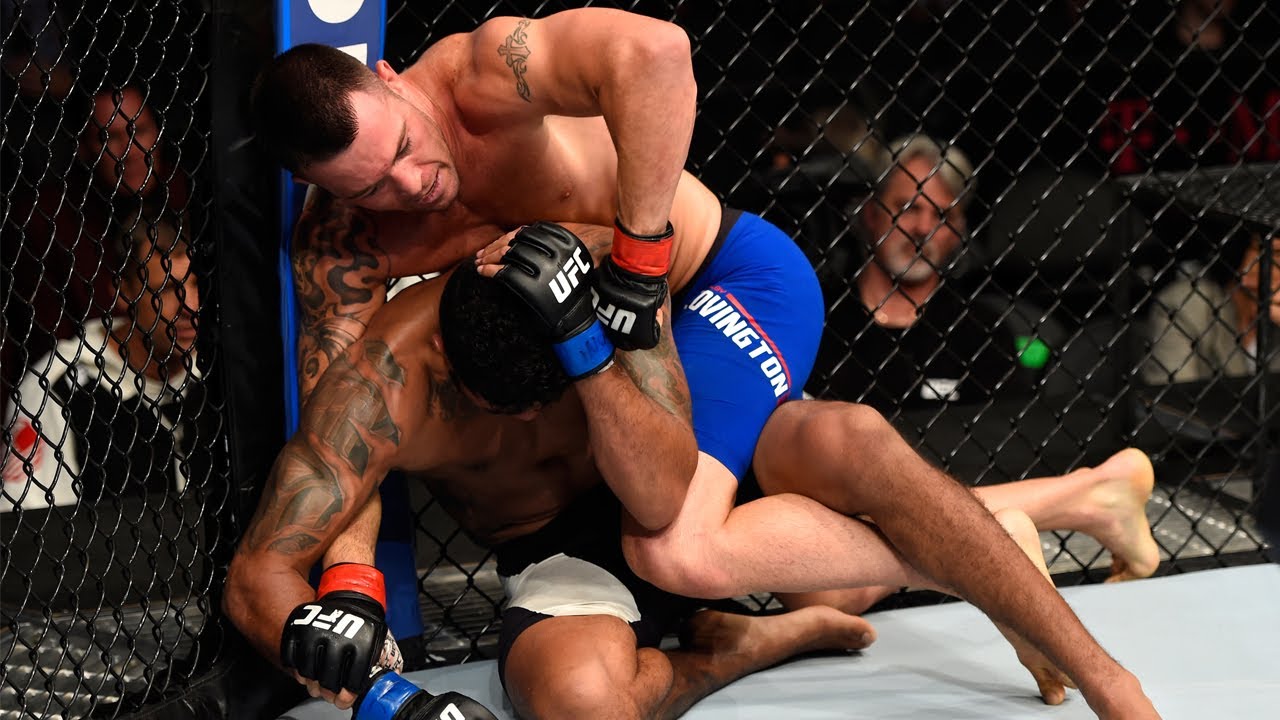Behind The Scenes: Real-Life Rivalries In WWE
Professional wrestling has an undeniable lure of athleticism, storytelling, and huge personas. Core to its appeal is that professional wrestling is basically a series of complex rivalries shared among various wrestlers—intense feuds that unfold in the ring, creating storylines that attract fans. However, beyond these scripted dramas lies a world where real tension and conflicts often overshadow the scripts. There are a few real-life rivalries within WWE’s theatrical history, driven by pure personal animosities, professional jealousies, and some backstage politics. This paper looks at some of the significant real-life feuds within the WWE of all time, their origins and effects, and some of the legacies that have remained indelible in the wrestling world.
Shawn Michaels vs. Bret Hart: Montreal Screwjob and Beyond
The feud between Shawn Michaels and Bret Hart is perhaps the most infamous and controversial in WWE history, with its crescendo at the notorious “Montreal Screwjob.” Michaels oozed charisma and in-ring prowess, defining and marking his presence at the changing of the guard into a new generation of performers whom the WWE was looking to push in the early 1990s. Bret Hart, meanwhile, was one of the flag bearers of the traditional WWE style—an individual greatly respected for his technical wrestling acumen and easy connection with the audience.
Origins of the Rivalry
Seeds of animosity between Michaels and Hart had been sown in professional competitiveness turned personal with differences between the two. The men both wanted to be the top guy in WWE, which caused tension and rivalry backstage over options for the championship and creative direction. The flamboyant persona of Michaels contrasted with Hart’s no-nonsense demeanor; this was an on-screen dynamic that would translate into real life.
The Montreal Screwjob
That feud finally came to a head at the 1997 Survivor Series pay-per-view in Montreal. Hart was scheduled to defend the WWE Championship against Michaels, and according to the scripted finish, Hart would drop the title and go to WCW immediately after the event. What transpired instead was that Michaels was awarded the title, supposedly on orders from Vince McMahon and other company officials, without the knowledge of Hart—the most remembered “Montreal Screwjob” moment in wrestling.
More importantly, the aftermath of the Montreal Screwjob was huge. Hart felt utterly betrayed by McMahon and WWE and left for WCW under less-than-amicable terms. Michaels, on his end, would come under intense criticism from fans and fellow wrestlers regarding his involvement in the disputed finish. The incident strained relations not only between Hart and WWE but also exposed the backstage power games and politics that often shape wrestling careers.
Legacy and Reconciliation
For some time after the Montreal Screwjob, both Michaels and Hart looked back with regard to the event, finally burying the hatchet. More than in part, it was a rivalry of professional wish-fulfillment and personal differences, which, in the annals of WWE history, had a telling effect on the storyline many years ahead into backstage dealings. Michaels becoming a legend and Bret delving into his solid career—involving eventual re-signing with the WWE—was entirely cemented into the wrestling world.
The Rock vs. Stone Cold Steve Austin: Attitude Era Titans
However, during the attitude era in the late 1990s to the early 2000s, the biggest stars to come out of WWE promotion were The Rock, Dwayne Johnson, and Stone Cold Steve Austin, Steve Austin, all emitting charisma, intensity, and a larger-than-life persona both on-screen and inflaming the audiences with their on-screen rivalry. Off-camera, however, mingled with professional rivalry came respect between the two.
Early beginnings of the rivalry
This rivalry between The Rock and Stone Cold Steve Austin was based upon the premise of two men who wanted to be WWE’s top star during its most competitive era. Both were larger-than-life characters exuding unimaginable in-ring talent—you couldn’t possibly find more natural characters being pitted against one another as the limelight only had one name lit up alone. War after war inside a WWE Ring, including some all-time classics at either WrestleMania or another significant event, had cemented these two men as icons of their generation.
Professional Competition and Personal Respect
Despite what fans saw as an animosity-fused relationship between The Rock and Stone Cold Steve Austin on the camera, both wrestlers grossly admired each other for their abilities, talents, and contributions to the WWE franchise. Any measure of personal animosity in an in-ring feud quickly dissipated once they both faced backstage. They respected each other’s success and challenged each other to reach new performance heights. Their rivalry defined the Attitude Era and led to record pay-per-view buys and television ratings during the WWE.
Legacy and Continued Influence
‘Rock vs. Stone Cold’ Steve Austin became the epic combat of both in the WrestleMania series. Yet, it touched something far greater than the premises of WWE as it inspired a changing of the guards. ‘Their wars inside the ring and their chemistry on the mic’ provided the perfect cocktail for WWE to follow unparalleled paths of popularity in the mainstream. That legacy – maybe they were the two best WWE superstars ever – roars on as strong as ever with the fans across the globe.
Randy Savage vs. Hulk Hogan: The Mega Powers Explode
During the late 1980s and early 1990s, Randy Savage, who was christened Randy Poffo, and Hulk Hogan, who was christened Terry Bollea, were easily counted among the most prominent personalities in WWE history. The on-screen pairing of 2 larger-than-life wrestlers, followed by a bitter rivalry, was aptly titled “Mega Powers Explode,” which entertained more than one million fans and set the stage for one of the most legendary fests in history.
Origins of the Partnership and Rivalry
Savage and Hogan combined forces to create the on-screen tag team known as the Mega Powers—a dominant squad in both WWE’s tag team and singles divisions. Biodiversity As much as their tandem was built upon a foundation of mutual respect and shared desire to be successful in WWE, underlying tensions began to boil over when Savage became increasingly paranoid at Hogan’s perceived flirting with Savage’s real-life wife, Miss Elizabeth, who was also playing this role in these WWE storylines.
The Mega Powers Explode: WrestleMania V and Beyond
The climax of this rivalry came at WrestleMania V in 1989, where Savage defended the WWE Championship against Hogan in what was one of the original dream matches in professional wrestling history. Hogan captured the championship, which remains one of the most pivotal moments of their storyline. But it is the on-and off-camera fallout from their conflict that shows precisely how personal and professional rivalries often function among WWE’s elite talent.
Legacy and Impact
The feud between Hogan and Savage left an immortal legacy in WWE, as it was later bound to reflect and shake future storylines and relationship structures between characters. The thriving of this rivalry elaborated the boundaries set by personal relationships versus the professional ambition in the wrestling universe, viewed by fans to be enthralled with these mega-heroes and what more they could further achieve inside the ring. What Randy Savage and Hulk Hogan did for the golden age of WWE will forever be among the most incredible things in wrestling history.
Triple H vs The Rock
Triple H and The Rock were the defining stars for World Wrestling Entertainment from the late ’90s to the early 2000s—both exudes charisma, had impeccable athletic abilities, and grasped periods of being champions. What defined their rivalry was the concurrent infusion of respect and smug competition that marked the evolution of WWE into a global entertainment phenomenon.
Origins of the Rivalry
The beef between Triple H and The Rock started during the WWE Attitude Era—the period of conflict and making new alliances. The two gentlemen were climbing up the ladder in WWE while feasting on accolades gained and applauding coming with the chances of a title opportunity. Both men confronted each other with deep contrasting styles: Triple H from the cerebral straitjackets of a technical stallion against the electrifying charisma and powerhouse moves from The Rock.
The Pursuit of Excellence
From WrestleMania Matches to the Beyond Triple H and The Rock inspired some of the greatest matches ever, from their struggles at WrestleMania to the rest of the major pay-per-views. Battling not only for the gold but also for the very supreme spotlight of WWE shows, those two performances exhibited the utmost adeptness and willingness to constantly bring in bundles of heat and dropping the house down off its rafters. Away from the limelight, a fierce and mutual desire for excellence added oxygen to fuel both men into the increased skills at story-telling in the ring.
Legacy and Continued Influence
The rivalry between Triple H and The Rock would define WWE’s transition from a regional wrestling promotion to the global sports entertainment juggernaut it has become. Their work laid the consequent groundwork that, in turn, continued to influence wrestlers in writing their history both within the ring and beyond. Their legacy attests to the tremendous impact these two left on wrestling.
Brock Lesnar vs. Kurt Angle
The basis for the WWE feud between Brock Lesnar and Kurt Angle was, of course, built on their collegiate wrestling roots and a quest for championship glory. Champs, first both these professional wrestling strands won NCAA Division I wrestling champions before making their way to the WWE, where their feud inspired some of the most arduous and fierce contests in recent memory.
Origins of the Rivalry
The feud began as both Lesnar and Angle made their way through to WWE. Both enjoyed great success in amateur wrestling before crossing over to professional wrestling. They would cross paths again in WWE as two super-athletes who very quickly raced through the rankings. Their reputation for being highly athletic, technical, and strong—attributes for men of that size—is unheard of. Their rivalry was fiery, with mutual respect for each other’s wrestling ability and a competitive drive to be the best in WWE.
Collegiate Rivals Clash: WrestleMania and Beyond
Their differences in style—Lesnar with brute strength and power versus Angle’s technical finesse and mat-rat expertise in submission holds—were one of the more compelling points about their rivalry and conduits of explanation for each other’s versatility. What is better fitting and a fresh way of hosting both men—two of WWE’s best during that period—are their showdowns at matches for WWE’s richest prizes.
Legacy and Current Influence
Above all, Lesnar and Angle represented the different wrestling styles and characters WWE could present to fans. Their battles were not only that but also set a standard for what wrestling on TV and storytelling should be. Due to this, young superstars will wish to embody the ideals of Ring Warriors—nothing more than this generation did of two collegiate rivals becoming WWE superstars.
CM Punk vs. Triple H: Ideological Differences and Creative Clashes
For CM Punk and Triple H of the WWE, this rivalry was carved out of deep-seated ideological differences, proper creative clashes, and the ever-present will to disturb the status quo. Being a master of the art of speaking the truth and rebelling against such stipulations, Punk still saw himself tearing down the WWE management and corporate structure. At the same time, Triple H stood at the very top of power as an executive in the company and WWE’s corporate establishment.
Origins
The critical point when the rivalry between Punk and Triple H sparkled was in 2011. That year, on an episode of Raw, wrestling world audiences saw one of the most controversial promos—a “pipe bomb”—courtesy of Punk. It was chiding WWE management for doing everything possible to stifle young talent, with a tad creative license for good measure. The promo had soured things between Punk and Triple H, which eventually escalated into a no-blinking-hard face-to-face argument over opportunities coming in the form of the championship, creative direction, and what needed to be the overall course of WWE.
Ideological Clash: Summer of Punk and Beyond
The feud between Punk and Triple H climaxed during the “Summer of Punk,” a period when Punk was quickly being elevated to the level of the face of the company while Triple H desperately attempted to maintain control over power within WWE’s corporate hierarchy. Their battles and standoffs displayed vastly different styles: Punk’s anti-establishment to Triple H’s real establishment man, as they wrestled for WWE superiority.
Legacy and Impact
This personal squeezed the opposition between Punk and Triple H as it brought the boundary realities of creative control versus corporate influence to the foreground, such that with the driven image of Punk as a rebel and Triple H as the leading role in the company, respectively, their feud would mirror the profound metaphoric split in WWE’s creative aspirations and its corporate interests, thus postulating a division that significantly marked the defining crane of storytelling and character definition by the promotion throughout later years.
The Kliq: Friendship, Influence, and Controversy
The Kliq was a backstage group that involved Shawn Michaels, Triple H, Kevin Nash, Scott Hall, and Sean Waltman. All five members had good influence; therefore, the group controlled matters regarding WWE’s creative decisions and locker room politics a lot during the mid-1990s. Their friendship and off-ring bond translated for WWE storytelling and character plots, causing controversy in the actual wrestling world.
Origins of the Kliq
The Kliq members—Michaels, Triple H, Nash, Hall, and Waltman—were the predecessor alliance of close friends bound together by the same burning passion for wrestling and the same burning desire to go places with wrestling and enjoy the perks of working with that business. This backstage chumminess, combined with this kind of influence in structuring what WWE’s creative elements looked like, positioned them with an unprecedented level of power and control over their careers and storylines.
The Curtain Call: The Aftermath and Controversy
That remains one of the most controversial moments associated with WWE: in 1996, it was The Kliq’s infamous “Curtain Call” incident at Madison Square Garden. Michaels, Hall, Nash, and Helmsley all hugged in the middle of the ring—an incident that flew strongly against the wrestling grain protocol and blew open this hush-hush/stealth nature of the script at the WWE and strained relations with management. Legacy and Influence But amidst everyone felt after the fallout created by The Kliq’s stronghold on WWE creative direction and backstage politics. Their friendship and alliance laid the high marks for WWE’s career in storytelling with character development, as it bonded them with audiences outrageously and positioned them with a say in professional wrestling’s future.
Conclusion
Real-life rivalries in WWE are provocative enough to capture glimpses—however sporadic—of life behind the scenes, where personal conflicts and professional ambitions often tend to cross each other. From the Montreal Screwjob between Shawn Michaels and Bret Hart to the fight over ideologies between CM Punk and Triple H, such rivalries have been game-changing in the dynamics of storytelling and the development of characters within the WWE and wrestling history in general. Though it is more than apparent that WWE never stops changing and evolving, always in tune with changes in audience taste and industrial trends, the legacy of these critical rivalries fundamentally reflects the passion, dedication, and sacrifice posited as necessary components of success within professional wrestling. Rivalries reflect just living in WWE—for better or worse—and continually elevate the bar on the over-life-sized superstars. Enmities-these enmities: nailed to the walls of time for professional wrestling in this ever-changing universe where storyboard drama intermixes with real-life battle-static through the shades of changing mentality-different generations of wrestlers bled for their craft, while future ones shall do the same for doing so pushing sports entertainment to new frontiers. As fans, we celebrate the rivalries that have come to define the WWE’s storied past and eagerly anticipate those that will shape its future, knowing full well that beneath each bitter feud lies a story of ambition and grit to earn top billing inside those magical walls of the squared circle.

